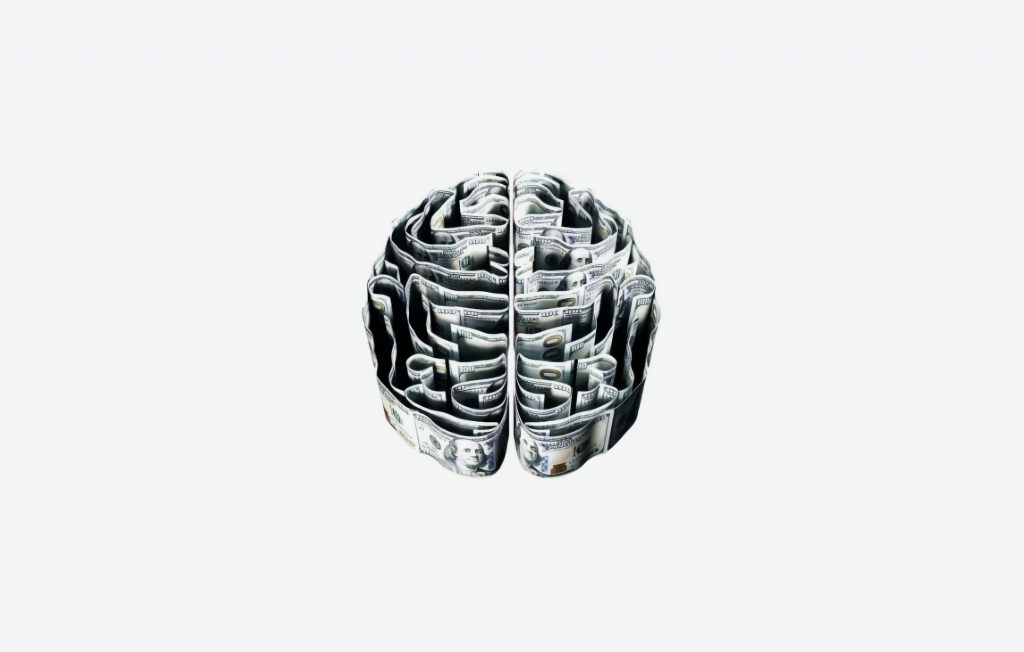A granny flat is typically a second dwelling separate from the main house on your property. As a popular form of housing for people of all ages across Australia, it’s important to consider the tax benefits and implications when considering renting out.
A granny flat arrangement is a written agreement that gives an eligible person the right to occupy a property for life.
What is a granny flat arrangement?
To be exempt from CGT, a granny flat arrangement must:
- Be in writing
- Indicate an intention that the parties are legally bound
- Not be commercial in nature
The agreement itself should include the following:
- The parties involved in the arrangement
- Including the individual(s) with an ownership interest in the property
- The circumstances in which the arrangement can be varied or terminated
- What happens when the arrangement is varied or terminated
An individual has an eligible granny flat interest if they have a right to occupy a property for life under a granny flat arrangement. A granny flat arrangement can be entered into with any party – including family or friends.
How does CGT work within this arrangement?
From 1 July 2021, CGT does not apply when a granny flat arrangement is created, varied or terminated.
A granny flat arrangement is exempt from CGT if:
- The owner/s of the property are individuals
- One or more eligible people have an eligible granny flat interest in the property
- The owners and the people with the granny flat interest enter into a written and binding granny flat arrangement. This arrangement must not be commercial in nature.
Other CGT events that are unrelated to a granny flat arrangement, or sit outside the arrangement, are subject to normal CGT rules.
For example, the sale of a property that was used in a granny flat arrangement, which has since terminated, is subject to the normal CGT rules.
Types of arrangements
A granny flat arrangement typically happens between an older individual and their adult child; however, the parties in a granny flat arrangement do not need to be related.
A formal arrangement makes it easier for the older individual to establish, assert, and enforce rights. These rights are agreed upon by all parties involved in the arrangement, including the owner of the property.
The arrangement:
- reduces the risk of financial abuse or exploitation of older individuals
- provides benefits to the older individual, like housing, care and support
- can also benefit the adult child with managing property and funds.
Commercial arrangements
If the granny flat arrangement is commercial in nature, it is not exempt from CGT.
The most obvious commercial arrangement is where the holder of a granny flat interest is required to make payments (such as rent) at a market rate.
Non-commercial arrangements
However, if the individual with a granny flat interest only contributes towards ongoing household costs (such as electricity and water), the arrangement is unlikely to be considered commercial. This is because the arrangement is a reimbursement of actual expenses.
If you’re looking for more investment property information – check out the other parts of our ‘Tax Tips for Property Investors’ series or get in contact with us here for a personalised tax assessment or property portfolio review.






